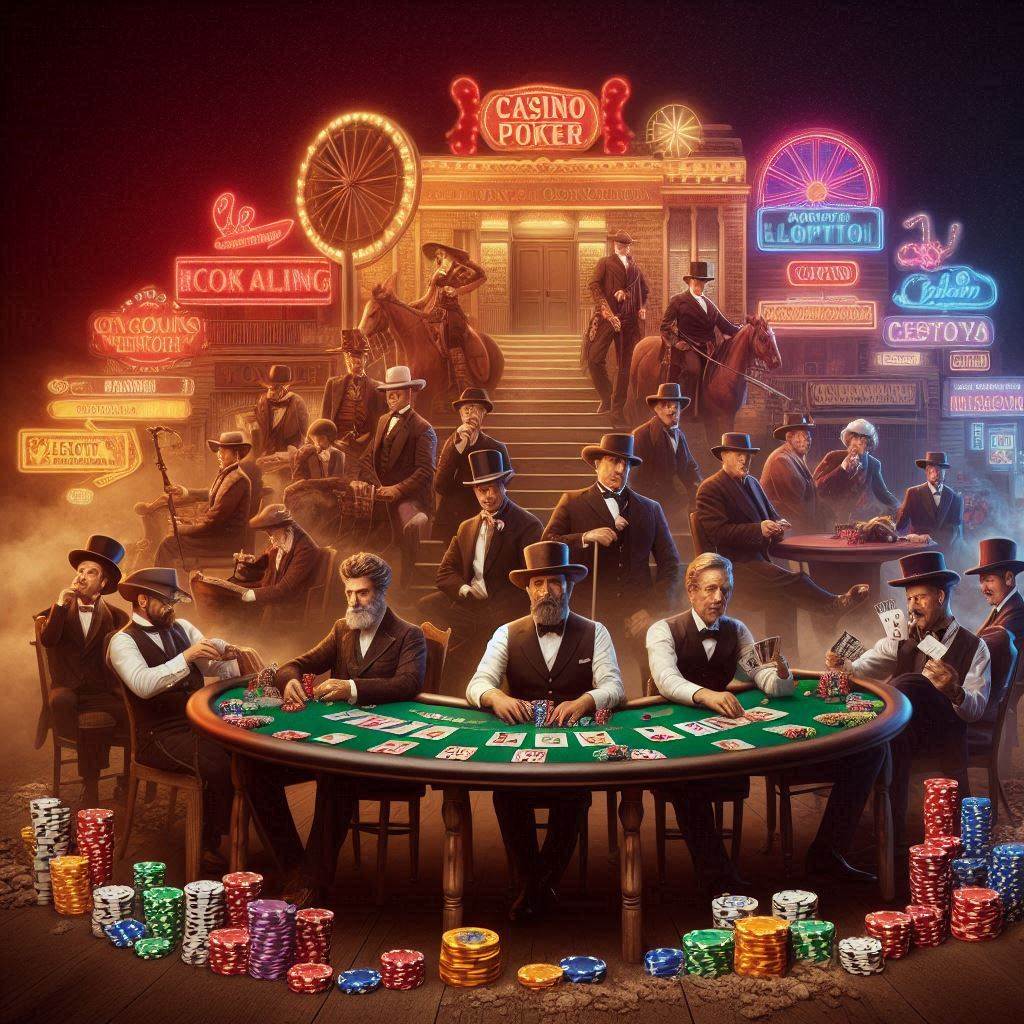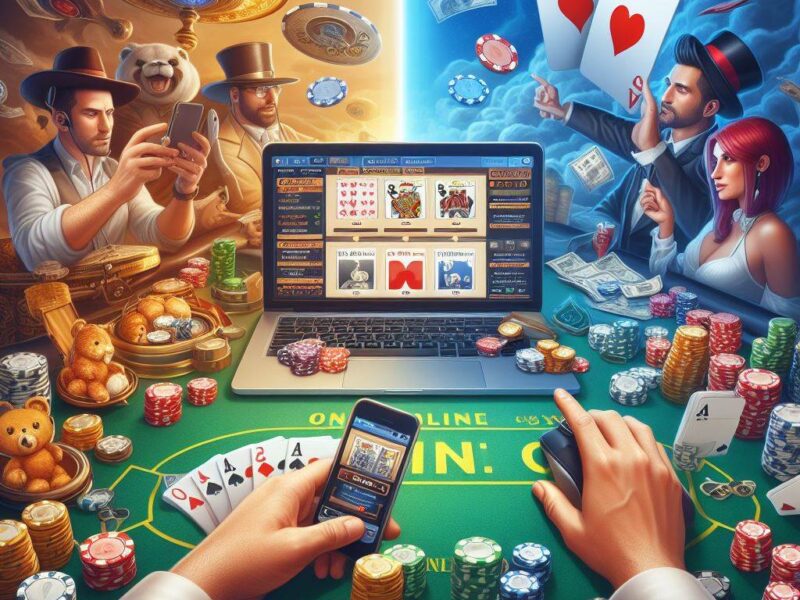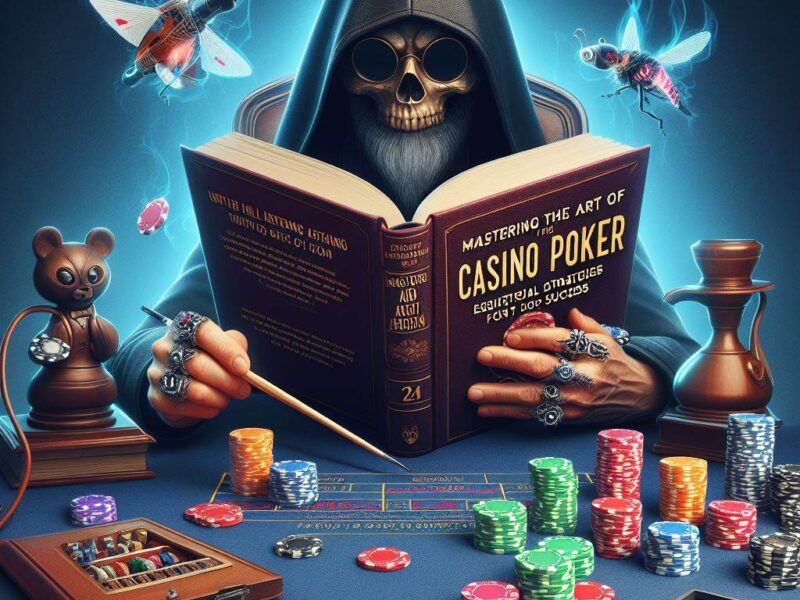Poker, a game that has become synonymous with casino gambling, From Saloons to Modern Casinos has an intricate and colorful history that stretches back over centuries. This evolution from a pastime in dusty saloons to a high-stakes game in the lavish casinos of today tells a story not just of a card game, but of American cultural and technological shifts.
Origins and Early History
Poker’s roots can be traced back to various games played in Europe in the 16th to 18th centuries. In France, there was “poque,” a game that incorporated bluffing and betting. German players had a similar game called “pochen,” and it is believed these games influenced the development of poker as immigrants brought their card games to the New World. By the 1800s, From Saloons to Modern Casinos poker was a staple of frontier life, played in the saloons of the American Old West. These establishments were often rough and rowdy, filled with miners, fur trappers, and cowboys looking to unwind. The game was simple then, often played with a limited deck and a smaller number of cards in play.
Poker’s Growth and the American Experience
The 20th century saw poker evolve in parallel with American society. During the early 1900s, the game spread via riverboats along the Mississippi River. Here, poker became more structured, with the 52-card deck becoming standard and the introduction of variants like Stud and Draw poker. This era also saw poker’s reputation begin to shift from a game of roughnecks to one of skill and mental acumen, appealing to a broader segment of society.
World War II further popularized the game as soldiers played it to pass the time. After the war, poker’s popularity continued to grow in American culture, finding a home in the burgeoning casino industry of Las Vegas. The 1970s marked a significant turning point with the introduction of the World Series of Poker (WSOP), elevating the game to a sport of high strategy and prestige.
Technological Advancements and Modern Poker
The advent of video technology in the late 20th century brought poker machines into casinos, allowing players to play the game solo rather than at a table with others. However, the real transformation came with the internet. Online poker debuted in the late 1990s, and its accessibility led to a worldwide boom in poker playing. Sites allowed people from various backgrounds to learn and play poker at any time from the comfort of their homes. The 2003 World Series of Poker victory by Chris Moneymaker, an online player who gained entry through a small buy-in satellite tournament, symbolized the potential of this new era of digital poker.
Poker Today
Today, poker is a global phenomenon, enjoyed in every country where gaming is legal. Casinos around the world host daily poker games, and the game is a mainstay of both physical and virtual casinos. The game continues to evolve, with variations like Texas Hold’em and Omaha dominating the scene and driving international tournaments.
The game has also become a part of mainstream culture, featured in movies, television shows, and in literature, showcasing a range of playing styles from the high-risk bluffs to the calculated, strategic plays that define modern poker.
Conclusion
From its humble beginnings in saloons to its status as a staple of casino gaming, poker has mirrored changes in technology and society. Its adaptability and enduring appeal speak to the game’s complexity and the continuous challenge it offers. As we move forward, poker is likely to evolve further, incorporating new technological innovations and expanding in popularity.


